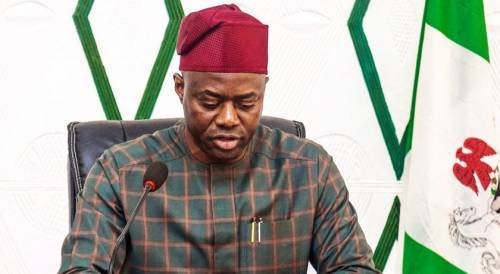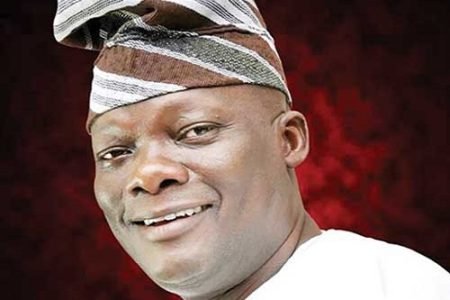Insecurity: Makinde Gives Hint On Voluntary Policing

Oyo State Governor, ‘Seyi Makinde, on Wednesday, gave hint about voluntary policing as a way of addressing insecurity to enhance development in the state.
He also declared that he will always take decisions in the best interest of the people of Oyo State and Yorubaland in the fight against insecurity.
The governor, while speaking at the Pan Yoruba Congress held at Mapo Hall, Ibadan, said that he was not bothered about his personal comfort but about the welfare, development and growth of Oyo State and Yorubaland in general.
He said: “In the days to come, those who are not in Amotekun, who could be OPC or Soludero or Vigilante, we will be coming to them to participate in what we call voluntary policing.
“What it means is that all hands must be put on deck to address the issue of security and development of our state. Government alone cannot do it. Our security agencies cannot do it all alone. Our traditional rulers and the non-state actors must come together to support their government.
“You installed this government and this government is ready to listen to you and do what you want; please give your support.”
He added: “When I was informed about this gathering, I told Baba Adebanjo that I will be here personally. If you look at the distinguished personalities on the high table, they are also people of note in Yoruba land. I am also a true son of the land. Though I have been having a busy schedule, this gathering is important to me and that is why I am here.”
He maintained that his administration is working around the clock to make the people of the state sleep with their two eyes closed and go about their lawful businesses without any hindrance, adding that the state will incorporate the non-state actors into the new security architecture of the State.


